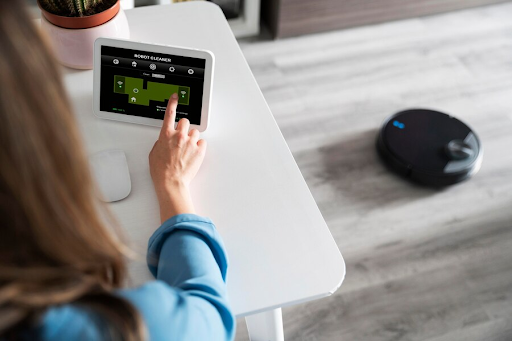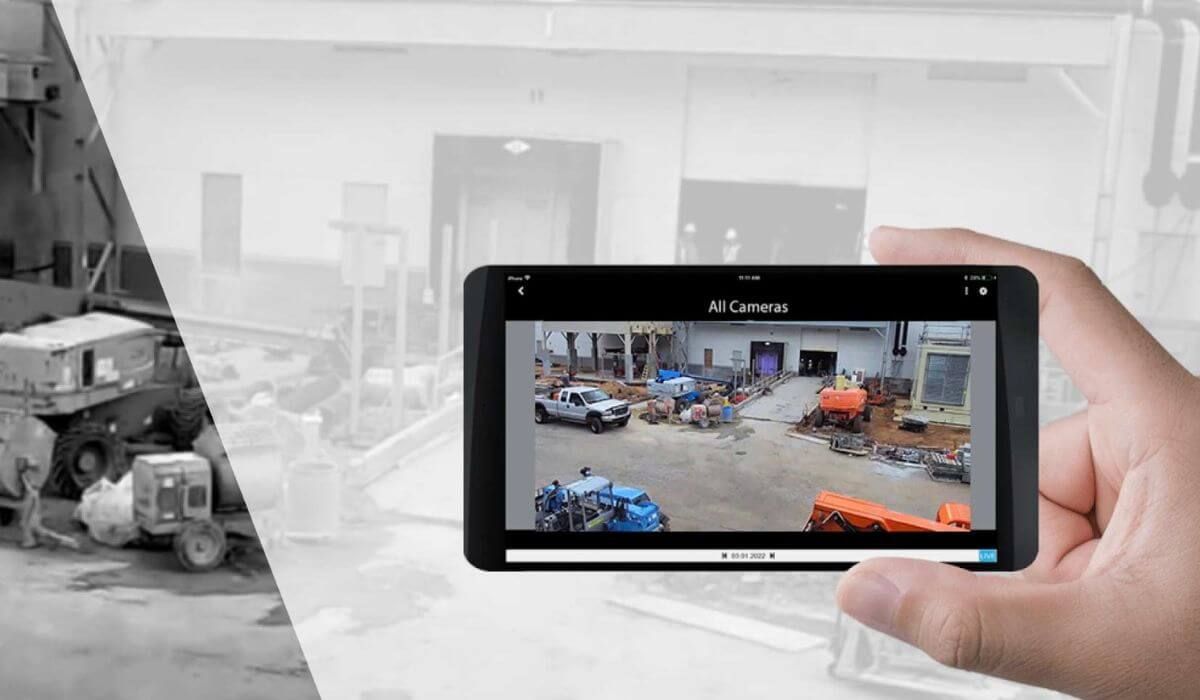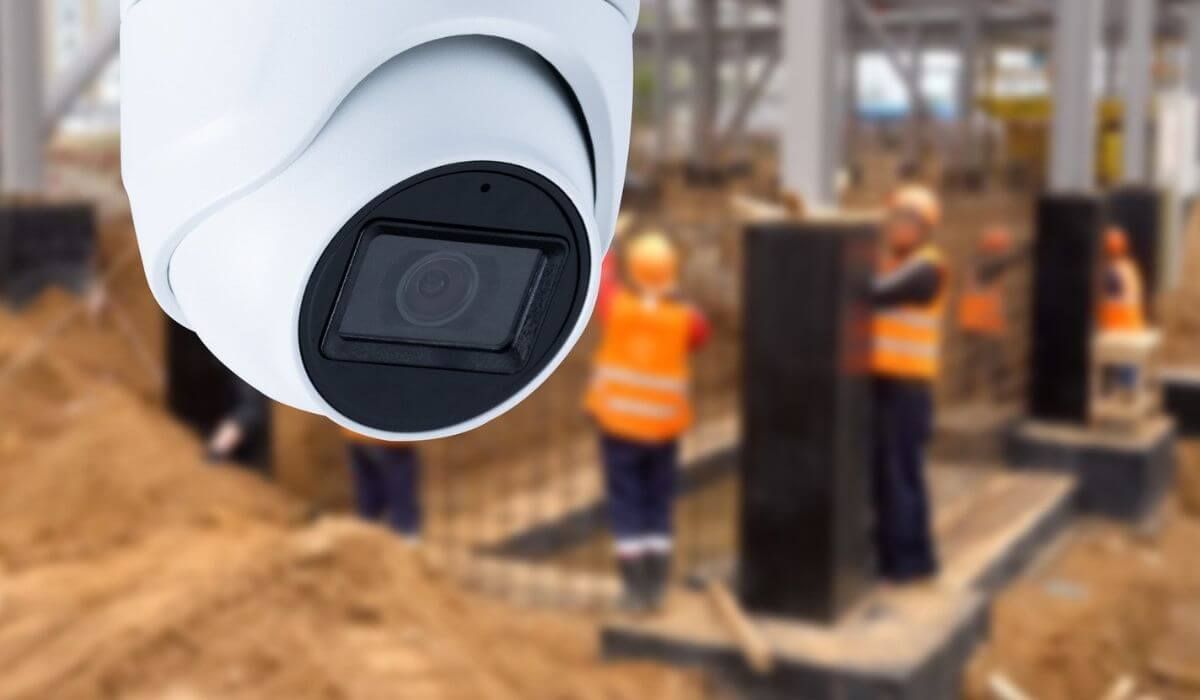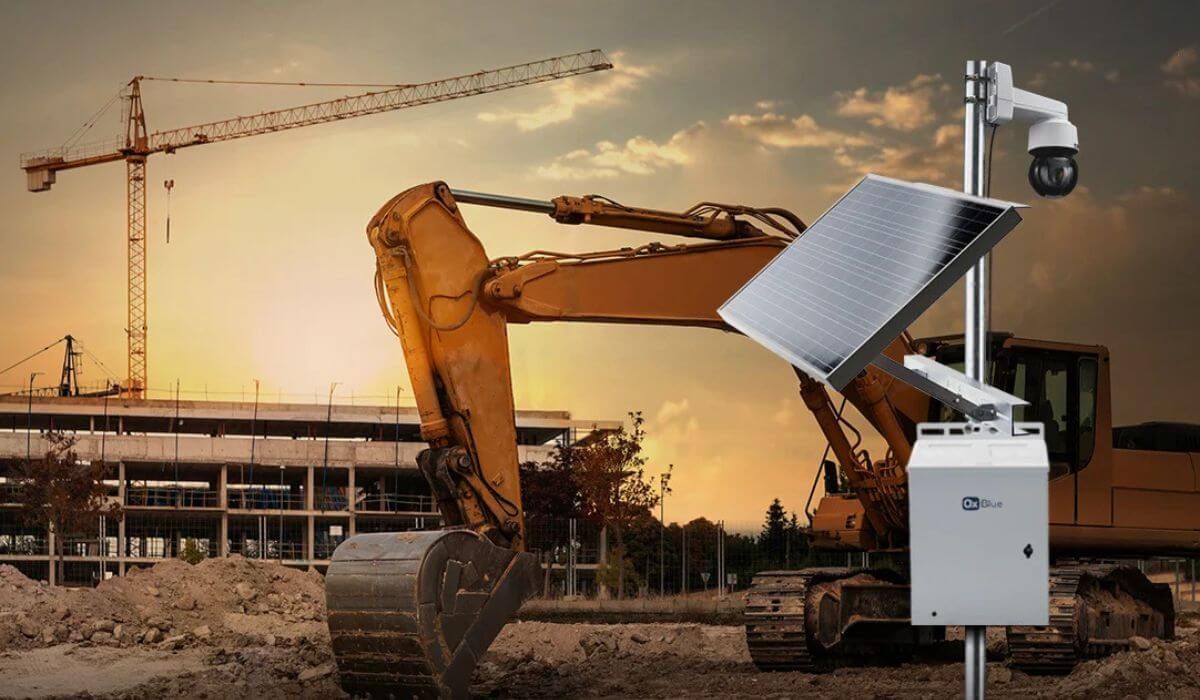Wireless Home Alarm System Advantages: Enhancing Home Safety
Keeping your home safe is a top priority. Thankfully, technology has evolved to provide modern security solutions like wireless home alarm systems. These innovative systems offer a convenient and effective way to safeguard your residence, replacing the complexities of traditional wired systems. This guide will explore the numerous advantages of wireless home alarm systems, empowering you to make an informed decision about your home's security.
What Are Wireless Home Alarm Systems?
Unlike traditional wired systems that rely on a
network of cables connecting sensors to a central panel, wireless home alarm systems utilize battery-powered sensors that communicate with the control panel via radio signals. This eliminates the need for extensive wiring, making them a much more user-friendly option.
Key Components of Wireless Alarm Systems
Wireless alarm systems consist of three main components:
- Sensors: These are strategically placed around your home to detect potential break-ins. Common sensors include door and window sensors, motion detectors, and even smoke and carbon monoxide detectors for a more comprehensive security approach.
- Control Panel: The central hub of the system, the control panel displays system status, allows for arming and disarming, and triggers alarms when sensors are activated.
- Wireless Technology: Radio waves transmit signals between sensors and the control panel, ensuring a reliable and secure connection.
Main Advantages of Wireless Alarm Systems
Wireless home alarm systems offer a multitude of benefits that enhance user experience and overall home security:
Installation Simplicity and Flexibility
Wireless home alarm systems offer a multitude of benefits that enhance user experience and overall home security:
- DIY Installation: Many wireless systems are designed for easy self-installation. Clear instructions and user-friendly interfaces make setup a breeze, especially compared to wired systems that often require professional installation.
- No Drilling Required: Since there's no need for wiring, you can avoid drilling holes in your walls, which is a significant advantage for renters or those who prefer to maintain the aesthetics of their home.
- Easy Relocation: Wireless systems are incredibly adaptable. If you decide to rearrange your furniture or move to a new home, sensors can be easily relocated without any complicated rewiring.
Advanced Features of Wireless Alarm Systems
Wireless technology has revolutionized home security, offering advanced features that were once unimaginable:
Integration with Smart Home Devices
- IoT Compatibility: Many wireless systems integrate seamlessly with other smart home devices like Scavi Security Solutions in Sydney can install. This allows you to create a robust smart home ecosystem. Imagine having your smart lights automatically turn on when a door is opened, or your smart locks automatically engaging when the alarm is triggered, deterring intruders and creating the illusion of someone being home.
- Mobile Apps: Control your security system from anywhere in the world with a convenient mobile app. Arm and disarm your system, receive real-time alerts if a sensor is triggered, and even view live camera footage (if your system includes cameras) – all from the comfort of your smartphone.
Real-Time Alerts: Enjoy instant peace of mind with real-time notifications. Whenever a sensor is triggered, you'll receive immediate alerts on your smartphone, allowing you to take quick action and contact emergency responders if necessary.
Cost-Effectiveness of Wireless Alarm Systems
The advantages of wireless systems extend beyond convenience. Here's how they can save you money in the long run:
Long-Term Savings and Value
- Reduced Maintenance Costs: Wireless systems typically require minimal maintenance compared to wired systems that might require occasional rewiring or cable repairs.
- No Wiring Costs: Eliminate the upfront costs associated with professional installation and wiring in wired systems.
- Energy Efficiency: Wireless systems are generally more energy-efficient than wired systems, as they rely on battery-powered sensors.
Conclusion
Wireless home alarm systems offer a multitude of advantages over traditional wired systems. From their ease of installation and flexibility to their advanced features and cost-effectiveness, wireless systems provide a comprehensive and user-friendly approach to home security. Upgrading to a wireless system empowers you to leverage the latest advancements in security technology, bringing peace of mind and enhanced protection to your home. So why wait? Explore the options available and consider partnering with a trusted security company to create a customized wireless security solution for your home.
FAQs About Wireless Alarm Systems
Are wireless alarm systems reliable?
Modern wireless systems utilize advanced technology to ensure reliable signal transmission. Many systems also include features like signal strength monitoring to alert you of any potential issues.
Can wireless alarm systems be hacked?
Wireless systems employ robust security protocols to prevent unauthorized access. Furthermore, reputable security companies like Scavi Security Solutions in Sydney can advise you on best practices to optimize your system's security and minimize hacking risks.




